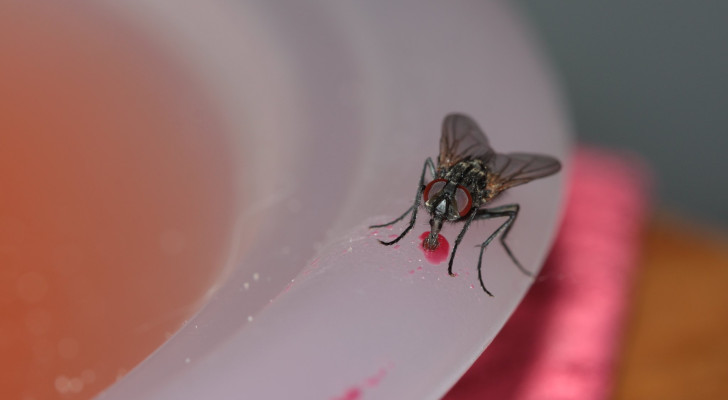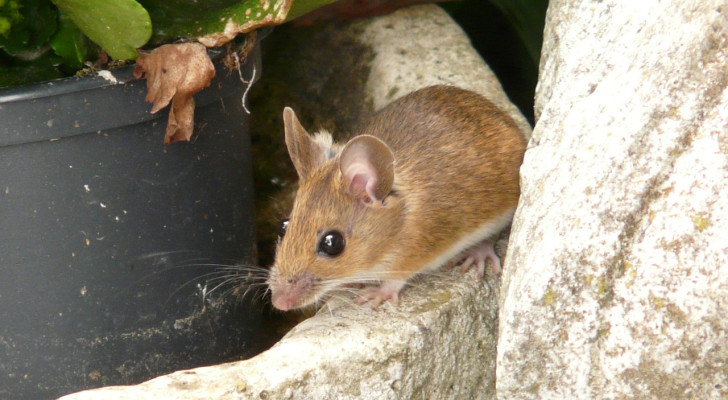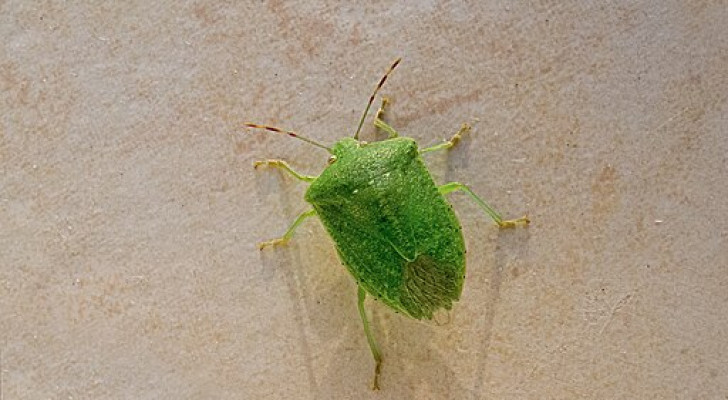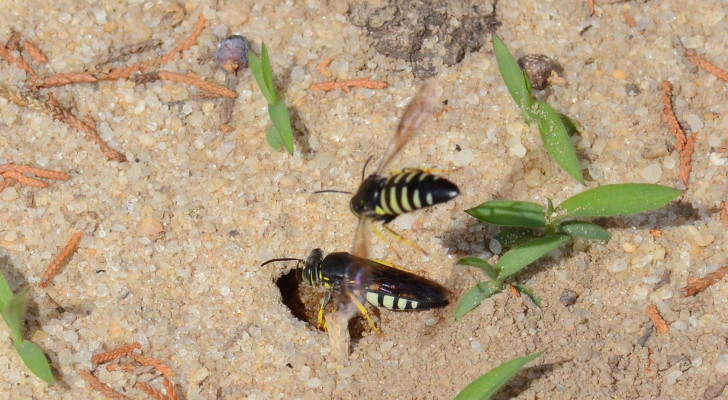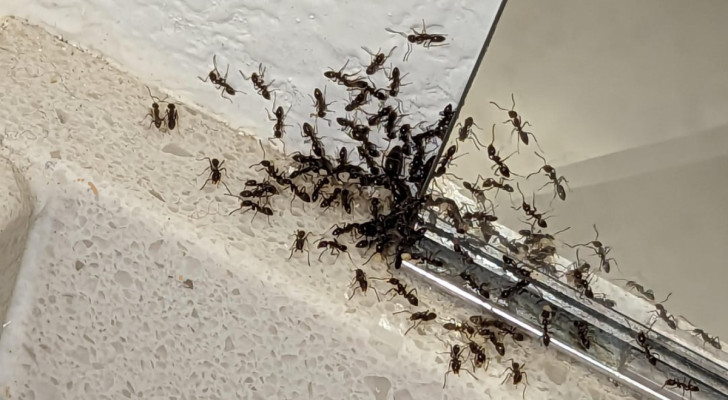Are mice and rats infesting your compost heaps? Discover how to keep them away
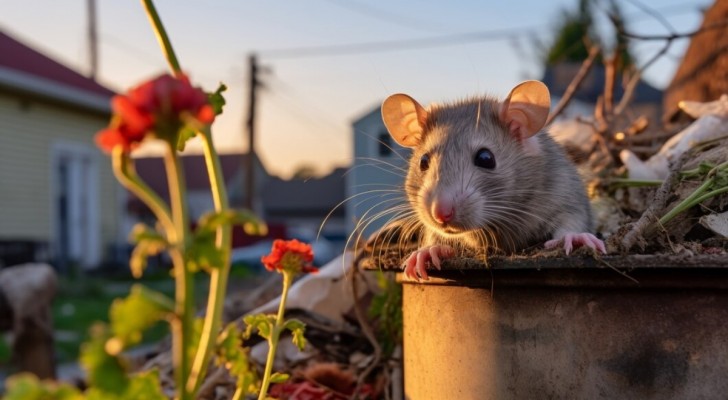
The compost heap is one of the best resources we have at home for fertilizing our plants and veggies. Compost heaps allow us to process and manage our waste: organics from the kitchen, garden cuttings, sweepings and more.
With everything that ends up in a compost heap, it is likely that it will become attractive to many wild creatures. In addition to many insects, a compost heap might attract mice and rats. While mice are less of a concern, rats are renown carriers of diseases - which could be transferred to the compost itself.
Mice and rats are attracted to kitchen scraps
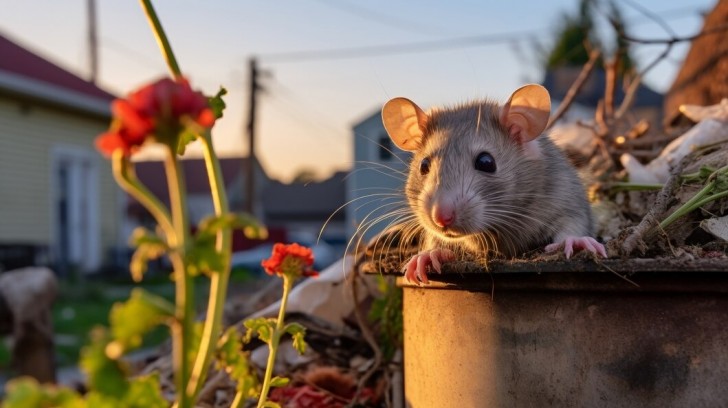
Freepik
As mentioned, a compost heap is very useful for recycling kitchen waste: fruit and veg peels and rinds, coffee and tea grounds, and more - all these organics are typically composted routinely.
Animal food waste is a little more complicated (scraps of meat, gristle, skin, fat, for example): there is nothing wrong per se in composting these foodstuffs, but they are very attractive for mice, rats and other wild animals.
Animal food waste is a rich source of nutrition for living creatures, so they will be highly motivated to get into a compost heap containing this type of waste. A mouse or rat carrying a disease such as leptospirosis, for example, could transmit this disease to the compost heap, in turn putting ourselves and our pets at risk. It's not hard to imagine a scenario where contaminated compost is used to fertilize vegetables which we (and/or our pets) then end up eating!
So, what can be done about this problem?
How to keep mice and rats away from the compost bin
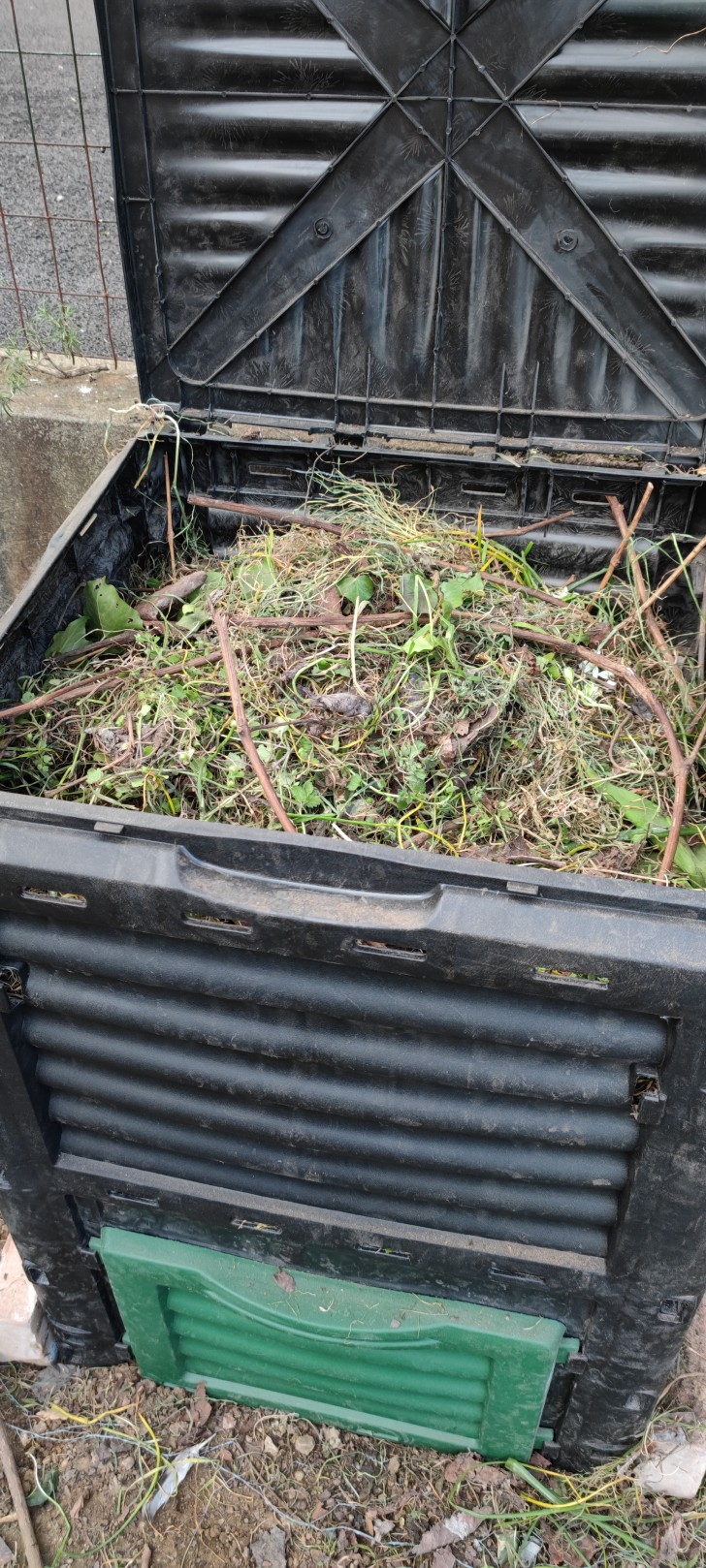
There are various ways you can keep mice and rats out of your compost heaps:
- Choose composters that are well made, with very tough, thick walls, so that it is difficult for mice and rats to get into them;
- If a composter is made of wood, it is best to use it only for garden waste. All waste from the kitchen must be put in composters that can be closed. There are models available in the marketplace that claim to be mice/rat-proof (check reviews);
- Do not compost scraps of meat, fish, cheese, or any other food that has a very strong odor. If you do, do so in small quantities and buried in the center of heap;
- Put up a barrier at the base of the composters using tightly woven wire mesh - but with thick, robust wire: rats can get through small holes, and can chew through regular chicken wire;
- Make sure that there are no openings between the edges of the composter and the lid (when it is closed);
- Avoid placing the composter in a corner adjacent to or abutting a wall. The more exposed the composter is, the less likely mice and rats will be to "visit" it. Placing a composter near a high-traffic area is a good idea too;
- Remember to periodically aerate the compost, so as to speed up the decomposition process. However, do not leave the composter open at night, for long periods and when no one is around;
- Surround the composter with aromatic plants that mice and rats dislike: peppermint, catnip, rosemary, sage, lavender, oregano or basil will all work (even if they are not impenetrable barriers).
By taking these precautions you can have more peace of mind!
